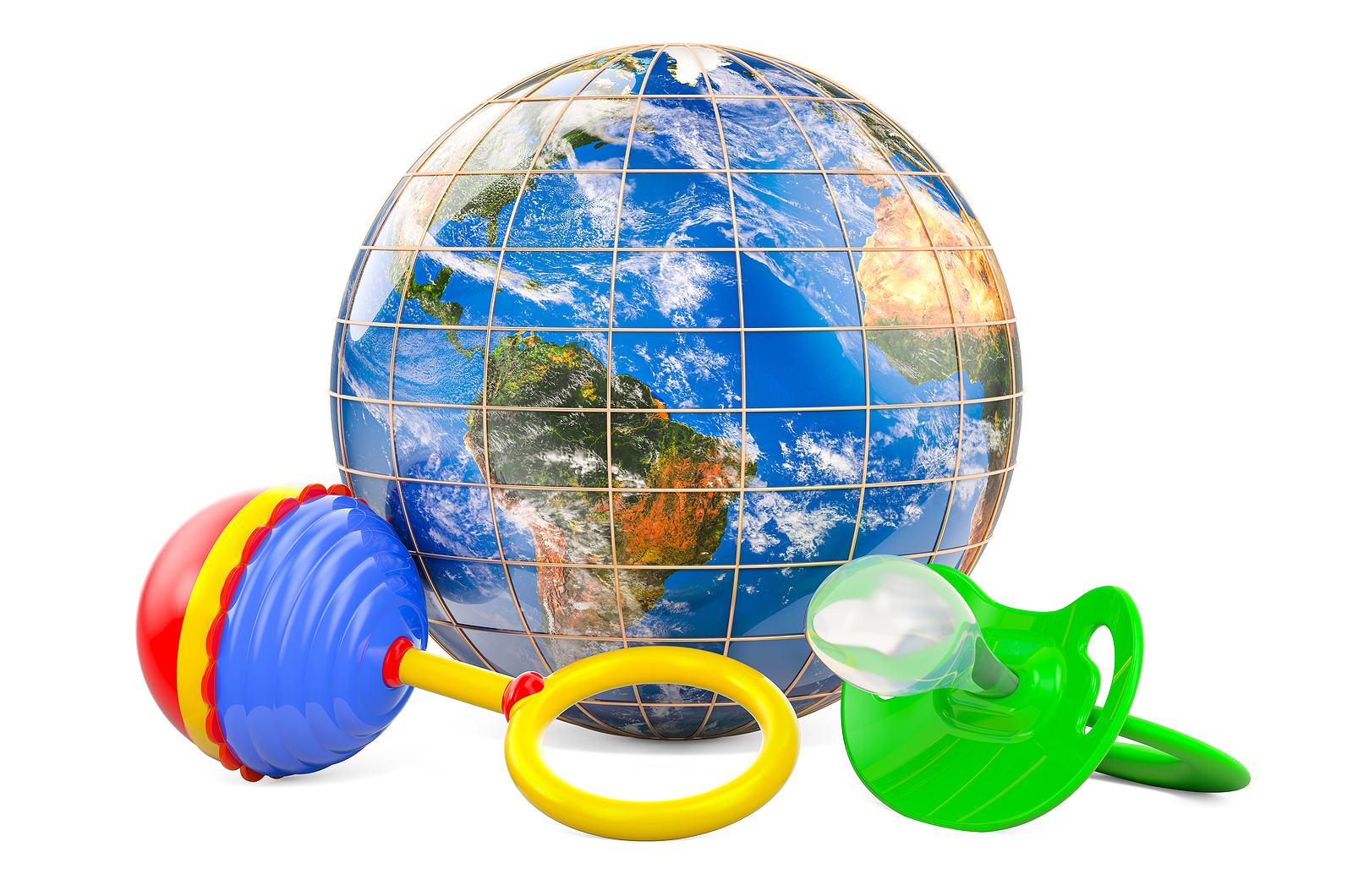
Any day now: the moment humanity reaches ‘peak child’
“There are now 8 billion people in the world — but overpopulation should be the least of your worries.” This is not a headline that Paul Ehrlich would have predicted when he published The Population Bomb almost 55 years ago. Instead the media nowadays is highlighting the dangers of a shrinking population. Their milestones vary, but demographers agree that the population will soon hit 8 billion, and continue to increase to about 10 billion, but then it will decline quickly as the elderly die without being replaced by children.
A recent article in The Guardian about the decline in China’s population (it has one of the world’s lowest birthrates) declares: “By 2050, analysts predict one in four people in China will be retired and the working population will have shrunk by 10%, with huge economic implications”.
In fact, as ABC News reports, never again there will be this many children in the world. “We have now reached peak child,” demographer Dr Elin Charles-Edwards says. “There will never be more children alive on the Earth than there is today.”
“This is a fundamental transformation of what a society looks like,” she says.
Taxation rates will be adjusted to support more and more people – or perhaps the government will stop supporting them. Welfare costs will rise and there may not be enough workers.
“As a demographer, we’re really optimistic people because we’ve seen massive change over the past 100 years,” Dr Charles-Edwards says. “Everyone’s living longer, fewer babies are dying, fewer women are dying. Across a whole range of metrics, we’re doing better than we did. We’ve seen lots of small actions creating massive change for people.”
But changes are unevenly distributed across societies and across nations. The poor will suffer the most as global population contracts, particularly with respect to climate change.
“We know that some of the most vulnerable communities are going to be the most impacted,” Dr Charles-Edwards says. “If you’re rich, you are able to adapt in a way that you just can’t do if there’s not the resources there. Climate change is the big elephant in the room here. We know that some of the places that are going to face the most impact are the least resilient, and so that is something that we need to be mindful of as well.”
